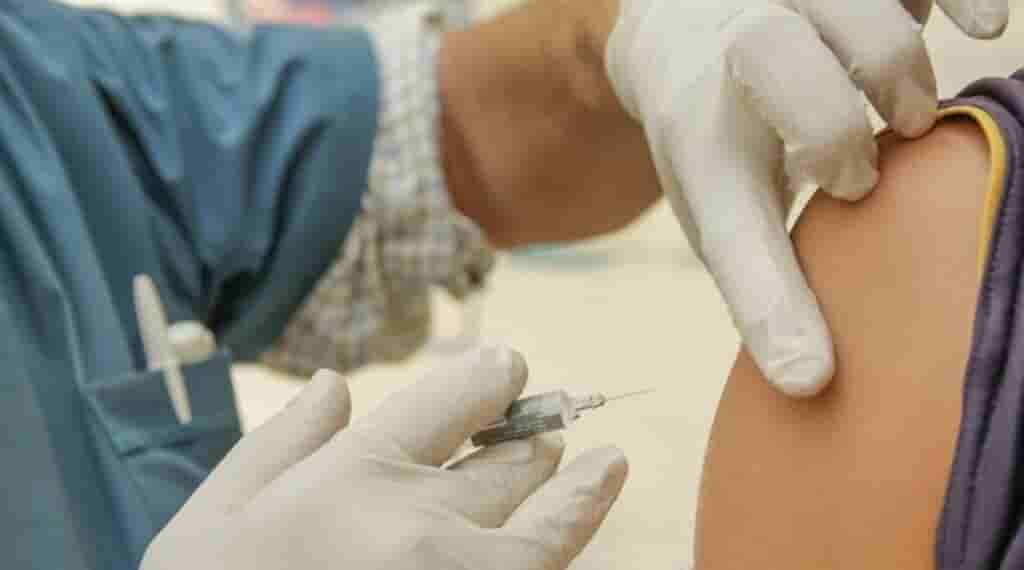An increasing number of people got infected with the COVID-19 virus despite being vaccinated. Also called breakthrough cases, though it is still considered rare, reports of these infections raised questions and worries among vaccinated people if their protection against the COVID-19 was declining, especially with the presence of the highly contagious Delta Variant.
A recent study from the researchers at Stanford University, Emory University, the University of Wisconsin, and the National Institutes of Health will most likely urge you to get the Pfizer Booster Shots which was approved by the CDC for a large population.
What Did The Researchers Discover?
A recent study from researchers at several universities together with the National Institute of health, although it is still yet to be peer-reviewed, showed that antibodies decrease from the Pfizer vaccine particularly against the Delta Variant over time.
Researchers collected blood samples from 46 young to middle-aged Pfizer recipients after they received their vaccine through the next seven months.
They studied both the neutralizing antibody responses and T cell responses in the participants to determine how protected they were against certain COVID-19 variants like the Delta, Beta, and Mu.
In 47% of the participants, neutralizing antibodies that can block infection against the Delta variant was “undetectable” six months after they received their second shot.
The neutralizing antibodies are not the immune system’s only defense against the COVID19 virus, but the researchers noted that they “are critically important in protecting against SARS-CoV-2 infection.
In the T cell response, which is also an important factor, data revealed that while some levels “significantly downgraded” within the same period of time, others “did not differ significantly.”
According to the authors, with Pfizer, “These data demonstrate a substantial waning of antibody responses and T cell immunity to SARS-CoV-2 and its variants, at six months following the second immunization.”
Via email sent to Reuters, Bali Pulendran of Stanford University and Mehul Suthar of Emory University said, “our study shows vaccination with the Pfizer-BioNTech vaccine induces high levels of neutralizing antibodies against the original vaccine strain, but these levels drop by nearly 10-fold by seven months” after the initial dose.
“These findings suggest that administering a booster dose at around six to seven months following the initial immunization will likely enhance protection against SARS-CoV-2 and its variants.”
Pfizer CEO Says A Third Shot Of The Vaccine Will Be Enough Against The Delta Variant
Although findings are quite shocking, Pfizer has been preparing to battle the issue with its booster shots.
Pfizer CEO Albert Bourla in an appearance back in July in CNBC’s The Exchange discussed that a study funded by the company itself evaluated the vaccine’s efficacy within over 44,000 of its recipients across the U.S. as well as in other countries over the period of six months.
After four to six months, according to Bourla, Pfizer’s efficacy was roughly around 84% against symptomatic, but 97% against severe illness.
“The good news is that we are very, very confident that a third dose, a booster, will take up the immune response to levels that will be enough to protect against the Delta variant,” he said.
The U.S. Food and Drug Administration also shared the same insight about the third dose.
“The recent emergence of the highly transmissible Delta variant of SARS-CoV-2 resulted in a new wave of COVID-19 cases in many parts of the world and has led to considerations for the administration of booster doses to individuals who received primary series of vaccines in an effort to enhance immunity, and thus sustain protection from COVID-19,” the agency said.
Hence, FDA concludes that a single Pfizer booster shot must be given at least six months after getting the two doses of the Pfizer vaccine.



